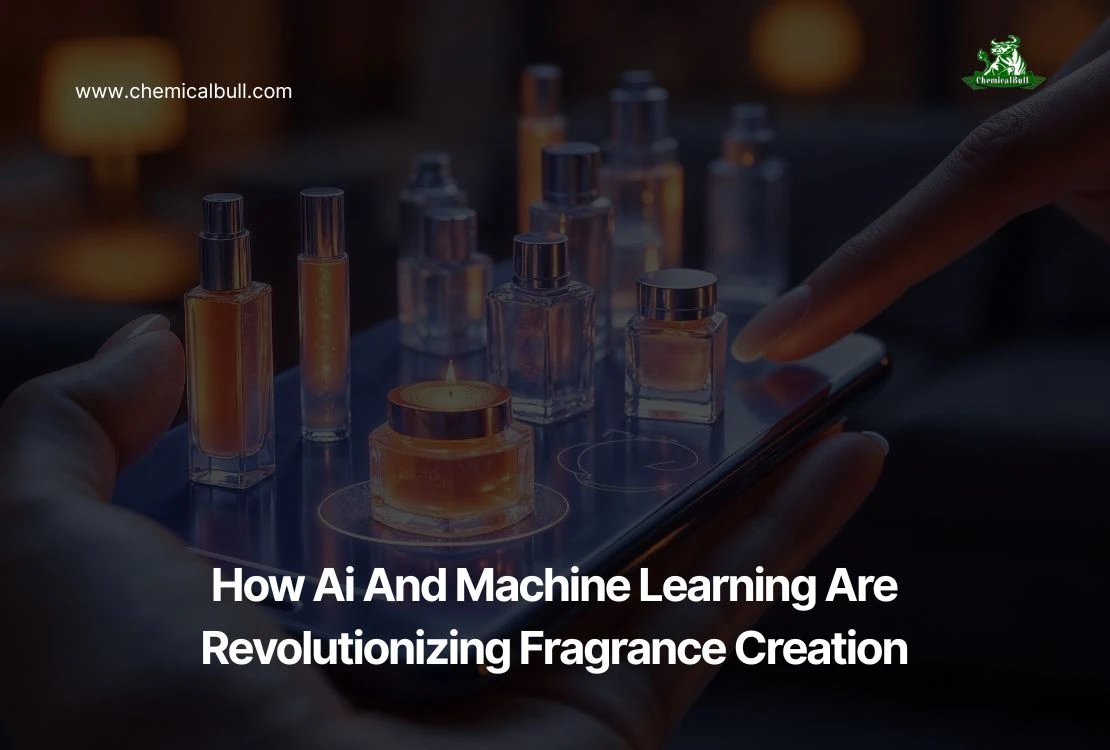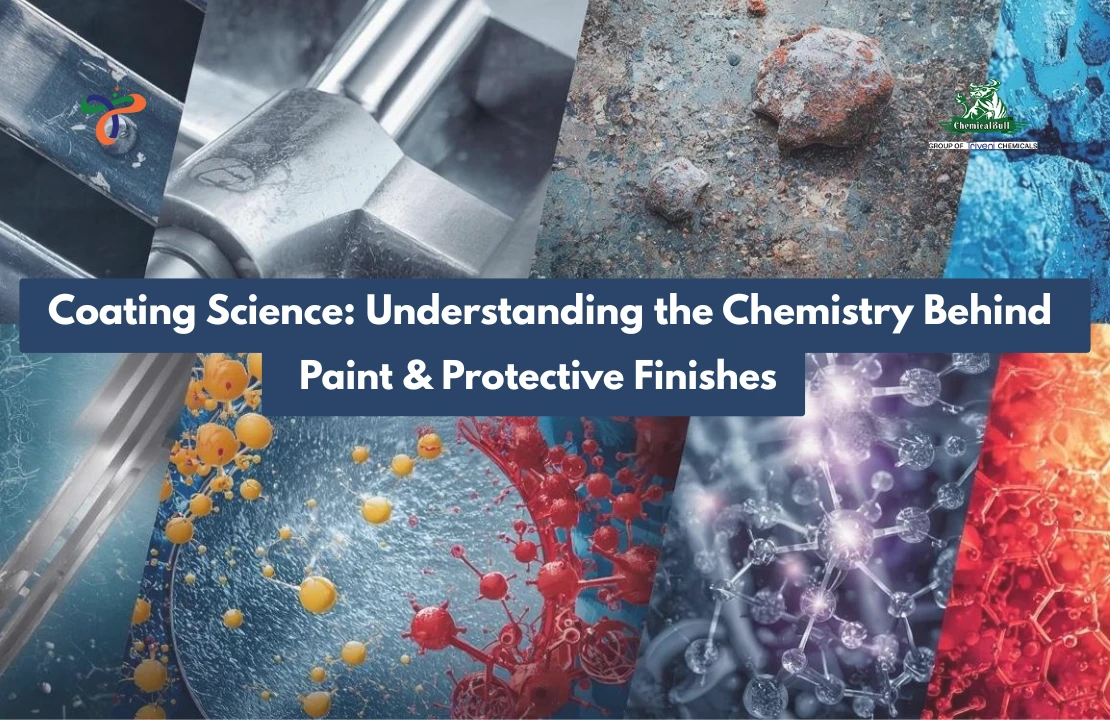How Ai And Machine Learning Are Revolutionizing Fragrance Creation
For centuries, the art of perfumery has been shrouded in mystique, a delicate dance between nature's bounty and the perfumer's intuitive nose. Master perfumers, often likened to artists, meticulously blended precious oils and aromatic compounds, guided by experience, creativity, and a deep understanding of olfactory harmony. But the winds of change are blowing through the fragrance industry, carrying with them the electrifying potential of Artificial Intelligence (AI) and Machine Learning (ML).
No longer confined to the realm of science fiction, AI and ML are rapidly transforming how fragrances are conceived, developed, and even personalized. These powerful technologies are not seeking to replace the human nose entirely, but rather to augment its capabilities, unlock new creative avenues, and streamline the often-lengthy and expensive process of perfume creation. Prepare to delve into the fascinating world where algorithms and olfaction intertwine, ushering in a new era of scent innovation.
Unlocking the Olfactory Code: How AI Learns the Language of Scent
At its core, fragrance creation is a complex exercise in understanding and manipulating molecular interactions that trigger our olfactory receptors. Each raw material, from the delicate petals of a rose to the resinous tears of frankincense, comprises a unique blend of volatile organic compounds.The perfumer's skill lies in harmonizing these individual notes to create a captivating and evocative olfactory experience.
This is where AI and ML step in, offering a powerful lens through which to analyze and interpret this intricate molecular landscape. By feeding vast datasets of fragrance formulas, chemical compositions, consumer preferences, and even sensory descriptions into sophisticated algorithms, AI can begin to "learn" the relationships between ingredients, their proportions, and the resulting scent profiles.
Here's how AI and ML are learning the language of scent:
- Data Mining and Analysis: AI algorithms can sift through massive databases of existing fragrance formulas, identifying patterns, trends, and successful combinations that might be invisible to the human eye. This allows perfumers to gain unprecedented insights into the building blocks of popular and well-received scents.
- Predictive Modeling: ML models can be trained to predict the olfactory outcome of novel ingredient combinations. By analyzing the chemical properties of different molecules, AI can forecast how they might interact and what kind of scent profile they are likely to produce. This significantly reduces the trial-and-error involved in traditional perfumery.
- Consumer Preference Analysis: AI can analyze vast amounts of consumer data, including reviews, social media sentiment, and purchasing patterns, to understand evolving preferences and identify unmet needs in the market. This allows fragrance houses to develop scents that are more likely to resonate with target audiences.
- Sensory Mapping: ML algorithms can be used to map the relationship between the chemical composition of a fragrance and its perceived sensory characteristics. By analyzing descriptive terms associated with different scents, AI can help perfumers understand how specific ingredients contribute to qualities like "fresh," "woody," "floral," or "spicy."
The AI Perfumer: Augmenting Human Creativity, Not Replacing It
It's crucial to understand that AI is not intended to replace the artistry and intuition of the human perfumer. Instead, it acts as a powerful collaborator, providing them with new tools and insights to enhance their creative process. Think of AI as an incredibly knowledgeable and efficient assistant, capable of handling the more data-intensive and analytical aspects of fragrance development.
Here's how AI is augmenting human creativity:
- Accelerating the Development Process: AI can significantly speed up the initial stages of fragrance creation by suggesting promising ingredient combinations and predicting their potential outcomes. This frees up perfumers to focus on the more nuanced aspects of scent design and refinement.
- Exploring Novel Ingredient Combinations: AI can identify unexpected and innovative ingredient pairings that a human perfumer might not have considered. By exploring a wider olfactory landscape, AI can help push the boundaries of scent creation and lead to truly unique fragrances.
- Personalized Fragrance Experiences: AI opens up exciting possibilities for personalized fragrance creation. By analyzing an individual's preferences, lifestyle, and even body chemistry, AI algorithms can help develop bespoke scents tailored to their unique needs and desires.
- Sustainability and Ethical Sourcing: AI can play a role in identifying sustainable and ethically sourced raw materials. By analyzing supply chain data and environmental impact assessments, AI can help perfumers make more informed choices about the ingredients they use.
Real-World Applications: AI Making its Mark on the Fragrance Industry
The impact of AI and ML is already being felt across the fragrance industry, with several companies and research initiatives leading the way.
- Symrise's Philyra: One of the pioneers in AI-powered fragrance creation, Symrise developed Philyra, an AI system that can analyze millions of fragrance formulas and consumer data points to generate novel scent combinations. Philyra has been instrumental in creating commercially successful fragrances, demonstrating the practical application of AI in perfumery.
- Givaudan's Carto: Givaudan's Carto is another innovative AI tool that empowers perfumers with a comprehensive understanding of their palette. It provides real-time data on ingredient characteristics, potential interactions, and consumer preferences, allowing perfumers to make more informed creative decisions.
- IBM Research and Firmenich: A collaboration between IBM Research and Firmenich explored the use of AI to create novel fragrance compositions. Their research focused on leveraging AI to identify unique and appealing scent combinations based on Firmenich's vast ingredient library and sensory data.
- Personalized Fragrance Startups: Several startups are leveraging AI to offer personalized fragrance experiences to consumers. These platforms often use questionnaires, data analysis, and even AI-powered scent recommendation engines to help individuals discover or create their perfect bespoke scent.
The Future of Scent: A Symbiotic Relationship Between Humans and Machines
The integration of AI and ML into fragrance creation is not about replacing human creativity but rather about fostering a powerful symbiotic relationship. AI provides the analytical horsepower and data-driven insights, while the human perfumer brings the artistic vision, emotional intelligence, and intuitive understanding of scent that algorithms alone cannot replicate.
Looking ahead, we can anticipate even more exciting developments:
- Hyper-Personalized Fragrances: AI will enable the creation of truly individualized scents, tailored to specific occasions, moods, or even physiological responses. Imagine a fragrance that adapts to your body temperature or enhances your focus during work.
- Sustainable and Conscious Perfumery: AI can play a crucial role in identifying and promoting the use of sustainable and ethically sourced ingredients, contributing to a more environmentally responsible fragrance industry.
- The Democratization of Perfumery: AI-powered tools could potentially empower smaller brands and even individual creators to develop and market their own unique fragrances, lowering the barrier to entry in a traditionally exclusive industry.
- New Olfactory Experiences: By exploring uncharted territories of ingredient combinations and molecular interactions, AI could lead to the discovery of entirely new scent categories and olfactory experiences that we can't even imagine today.
Navigating the Challenges and Embracing the Opportunities
While the potential of AI and ML in fragrance creation is immense, there are also challenges to navigate. Ensuring data privacy, maintaining the integrity of the creative process, and addressing potential biases in algorithms are crucial considerations.
However, the opportunities far outweigh the challenges. AI and ML offer the fragrance industry a chance to innovate faster, create more personalized and sustainable products, and ultimately enhance the sensory experiences of consumers worldwide.
Conclusion
The marriage of artificial intelligence and machine learning with the art of perfumery marks a significant turning point in the history of scent. By augmenting human creativity with powerful analytical capabilities, AI is not just changing how fragrances are made; it is shaping the very future of how we experience and interact with the world through the evocative power of scent. The scent of the future is intelligent, personalized, and brimming with endless possibilities.







